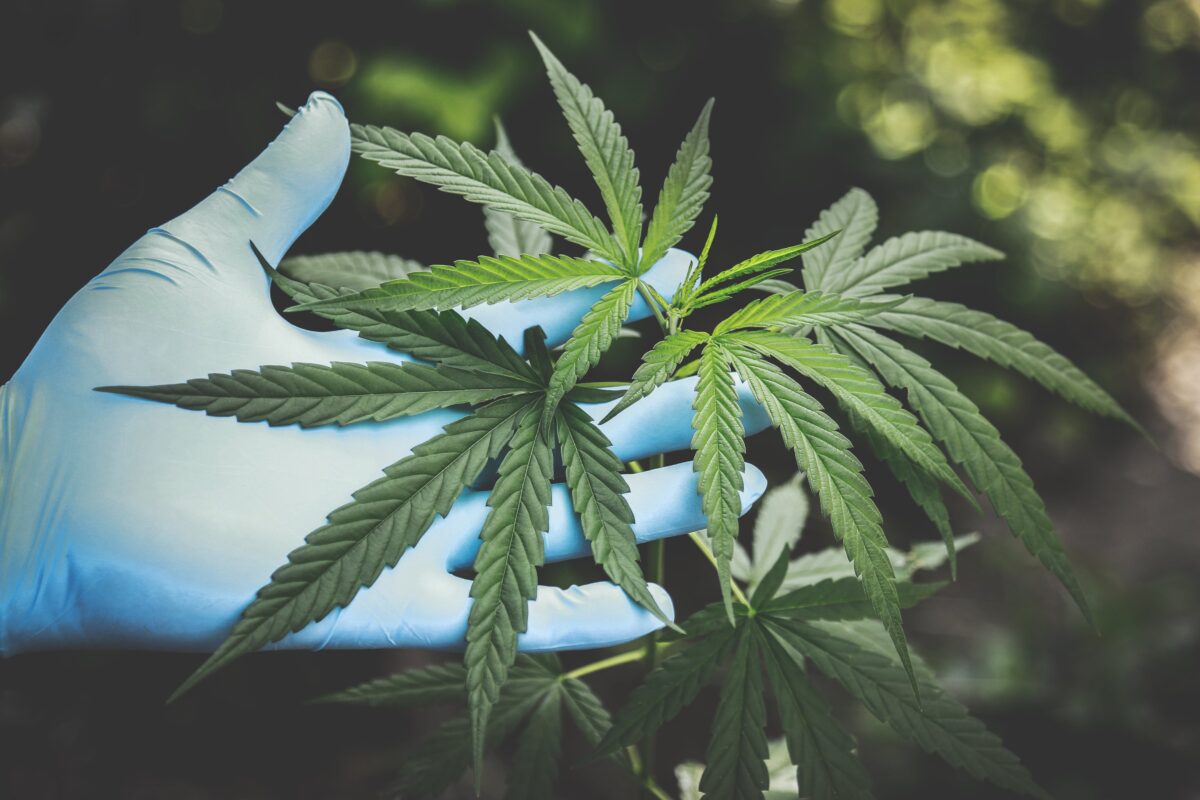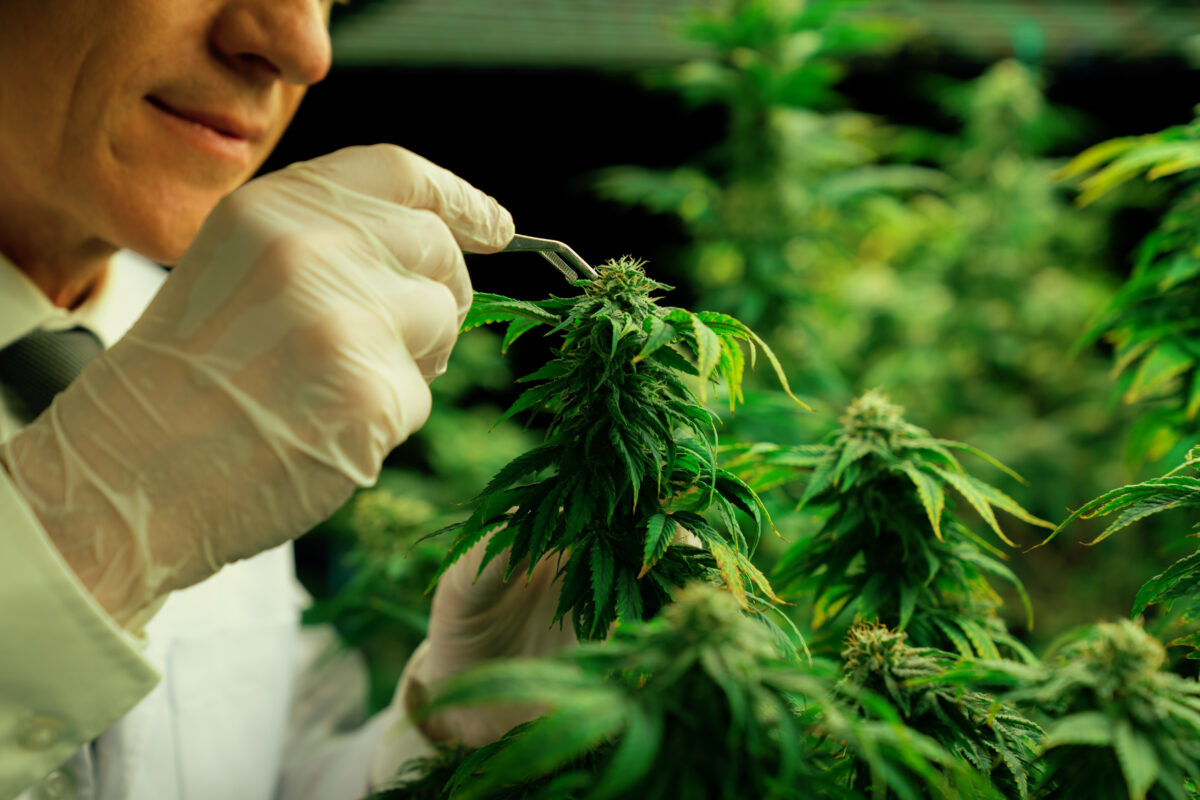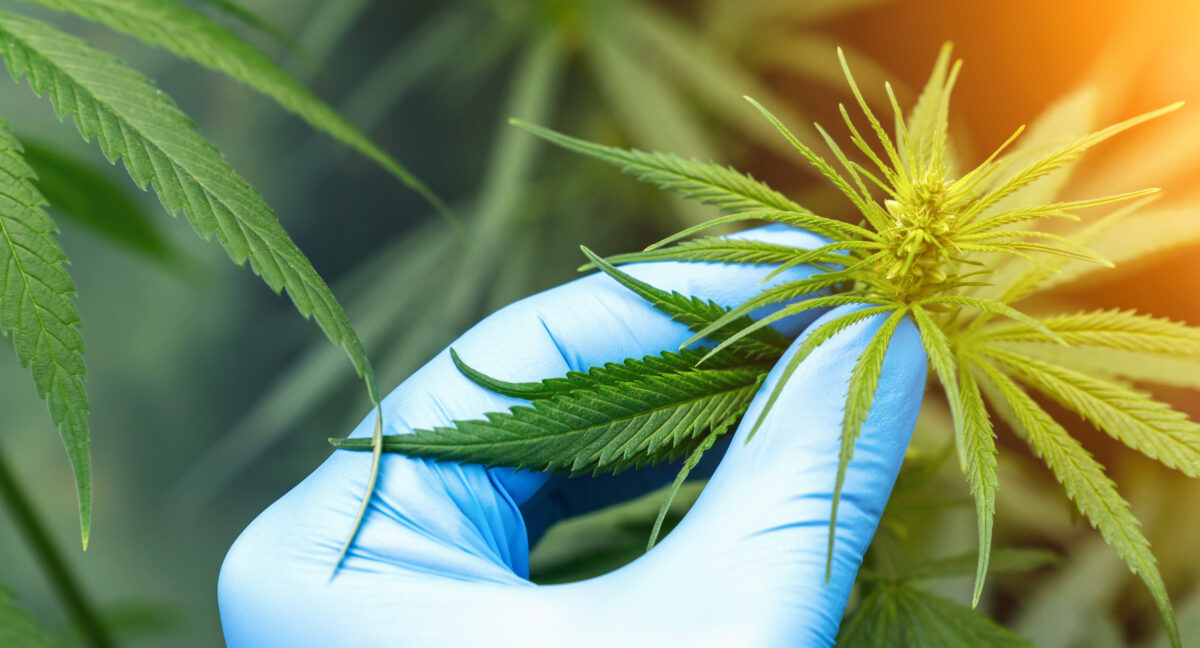Switzerland to Introduce Recreational Cannabis Stores as Part of Experimental Program
Germany-based Sanity Group is teaming up with the Swiss Institute for Addiction and Health Research (ISGF) to open two legal recreational cannabis stores in Switzerland as part of the country’s pilot study into dispensing marijuana.
Overall, the Sanity Group-ISGF pilot project is the sixth that was given the green light. But unlike the other Swiss projects, which will dispense cannabis via pharmacies or clubs, the Sanity Group-ISGF project will use stores as a point of sale. The inaugural retail outlet of the project will be established in the municipality of Allschwil later this year, with an additional location to follow in Liestal.
In May 2021, an amendment to the Switzerland Federal Narcotics Act came into force, allowing pilot trials involving the dispensing of recreational cannabis.
ISGF and Sanity Group announced that they have obtained the final approval from the Federal Office of Public Health to perform the cannabis pilot study.
That followed approval from the Ethics Committee Northwest and Central Switzerland last year.
In a news release, Sanity Group said the study aims to learn more about regulated access to cannabis and provide a scientific basis for possible approaches to future marijuana regulation in the country.
The study will examine the regulated sale of cannabis for non-medical purposes and will be led by Michael Schaub, the ISGF’s scientific director.
The Swiss government said the scientific pilot trials are designed to provide insights into:
- The physical and mental health of consumers, plus their performance and productivity.
- Consumption patterns.
- Socioeconomic aspects.
- The drug market in a specific geographic area.
- Youth protection.
- Public safety
“The insights gained from the study can contribute to an informed health policy discussion on the responsible use of cannabis and serve as a basis for decisions on long-term regulation,” Schaub said.
“We want to investigate whether we can gain better access to high-risk users with, for example, mental health problems, to refer them to appropriate cantonal care centers.”
Sanity Group stated that as many as 3,950 consumers in the Basel-Landschaft area had the opportunity to take part in the study. Participants will undergo a medical aptitude test to gain admission to the study. They are also required to undergo surveys to monitor their consumption behavior. Physical and mental health surveys will take place every three to six months. The study, scheduled to begin in the fourth quarter of 2023, will run for five years.







